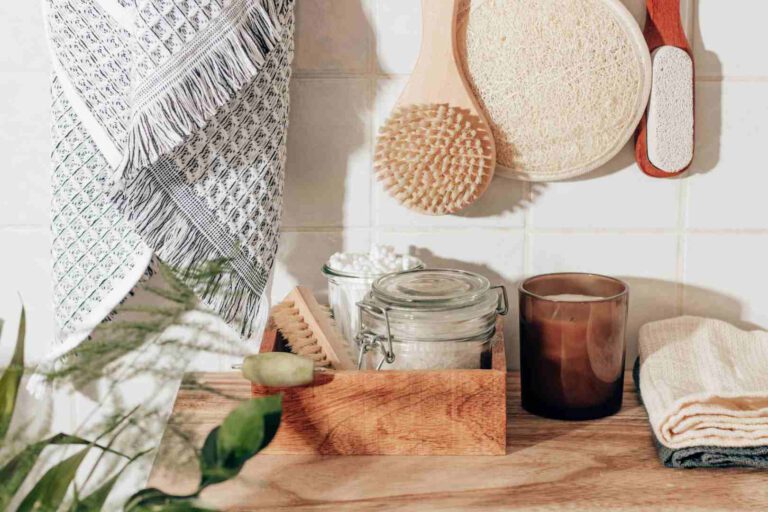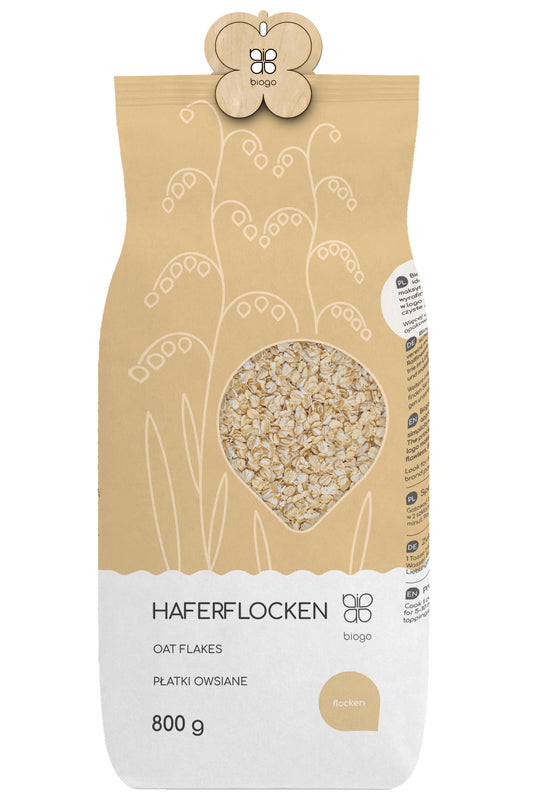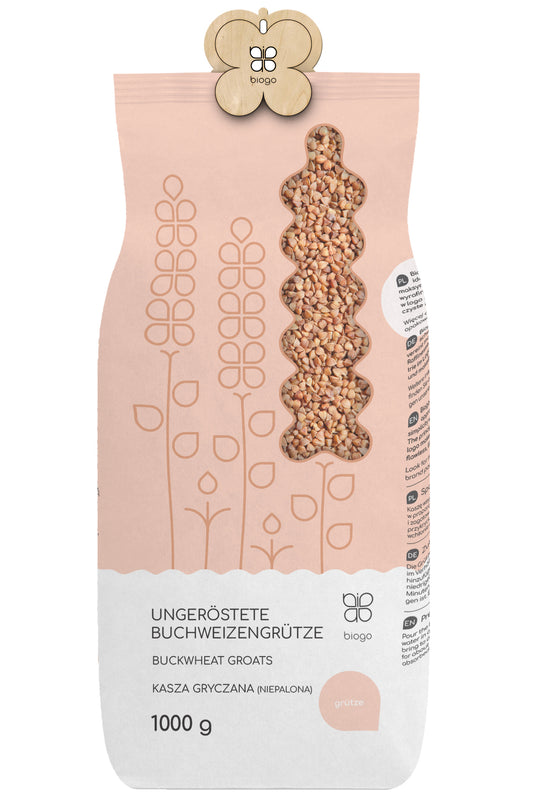Contents:
- Why were the zero and less waste movements born?
- Restriction rules on waste generation
- 15 simple eco tips for everyday use
Although more and more people declare that they separate and recycle waste, landfills are still flooded with millions of tons of waste. This has implications for pollution and global warming, but not only that, because it's worth realizing that we throw the money we earn into the bin along with the trash. We forgot the sausage that simply went bad, we bought an oversized can of cream that we only used halfway, or we decide to throw away a sweater that excited us with a promotional price, but when we get home we turn out we have nothing to wear it with.
The solution lies in the idea of less and zero waste—ideas that each of us can use to reduce excessive and completely unnecessary waste production, especially waste that isn't suitable for recycling. While it may seem impossible at first, it's possible to implement these rules in everyday life. It's enough to start with small steps, simple methods that will become habitual over time.
Why were the zero and less waste movements born?
The concept of zero waste began tentatively gaining popularity a few decades ago. The natural environment began to suffer due to human activity, which more and more people were noticing. It's worth noting that the trend itself is nothing entirely new; it was only named in the 1970s. The term was first used in the United States by Dr. Paul Palmer, who founded Zero Waste System Inc. in Oakland. The zero-waste idea is about designing products that can be used multiple times. Around the turn of the 20th and 21st centuries, the movement began to gain popularity. What matters is reducing, reusing, sorting, processing, and composting. Less Waste is a kind of variant of the zero-waste movement. It simply comes down to consuming less and producing as little waste as possible. Both movements arose from the need to take care of our environment so that we don't pollute our planet at a gallop.
Restriction rules on waste generation
Zero Waste is based on several basic principles:
- separate – learn the right rules for recycling and separating waste,
- limit – ie, for example, do not buy a new dress just because it is fashionable, especially if the dress you have at home is comfortable and undamaged,
- Reuse – Every day we're tempted by promotions and taught that if something is cheap, it can be quickly replaced. Instead of repairing it, we throw things away unnecessarily or duplicate them.
- refuse – e.g., asking that cheese bought by weight not be put in a plastic bag.
15 simple eco tips for everyday use
- Do not buy plastic bags – take reusable cotton bags with you to the store where you pack your purchases,
- Don't buy bottled water – drink tap water if it's safe to drink in your city, or drink filtered water.
- Avoid aluminum foil and plastic food wrap – pack food in reusable boxes or wax wrap.
- Buy second-hand clothes, swap with your friends,
- Don’t buy vegetables and fruit in plastic bags, but in bulk.
- Use bar soap that is packaged in a carton – liquid soaps are packaged in plastic bottles.
- Replace sanitary pads and tampons with a menstrual cup .
- Don't buy coffee to go, especially in a plastic or Styrofoam cup - brew your favorite coffee and take it with you by storing it in a thermos or insulated mug.
- Borrow books from the library and read e-books,
- Refuse to use a plastic straw,
- Replace chemical cleaning products with household cleaners made from vinegar, baking soda , water and essential oils.
- Try replacing washing powder with natural cleaning agents, such as soap flakes .
- Don't throw away unnecessary things - try to find a second home for them, give away or sell unwanted gifts.
- Try to buy seasonal, local vegetables, fruits, etc.
- Try not to waste food, especially since it requires a lot of water and energy to produce, and buy as much as you can actually eat.
Over time, we'll find that simply applying some of the principles outlined above can significantly reduce the waste we produce. Before you buy something, consider renting it. Trade in, give away what you no longer need, and try to repair it before throwing it away and buying a new one. And most importantly: Do you really need all those items, gadgets, and clothes?
THE PUBLISHER'S CHOICE
Dried dates 1 kg BIOGO
- £4.00
£5.00- £4.00
- Unit price
- / per
Peeled sunflower seeds 1 kg BIOGO
- £3.00
£4.00- £3.00
- Unit price
- / per
Dried organic mango 400 g BIOGO
- £10.00
- £10.00
- Unit price
- / per
Dried White Mulberries 500 g ORGANIC
- £6.00
£7.00- £6.00
- Unit price
- / per
Oat flakes 800 g BIOGO
- £3.00
£3.00- £3.00
- Unit price
- / per
Organic Ground Turmeric 500 g BIOGO
- £6.00
- £6.00
- Unit price
- / per
Milk thistle seeds 1 kg BIOGO
- £4.00
- £4.00
- Unit price
- / per
Popcorn (corn kernels) organic 1 kg BIOGO
- £6.00
- £6.00
- Unit price
- / per
Organic cashew nuts 1 kg BIOGO
- £18.00
- £18.00
- Unit price
- / per
Unpeeled buckwheat groats 1 kg BIOGO
- £3.00
£3.00- £3.00
- Unit price
- / per







































































































































